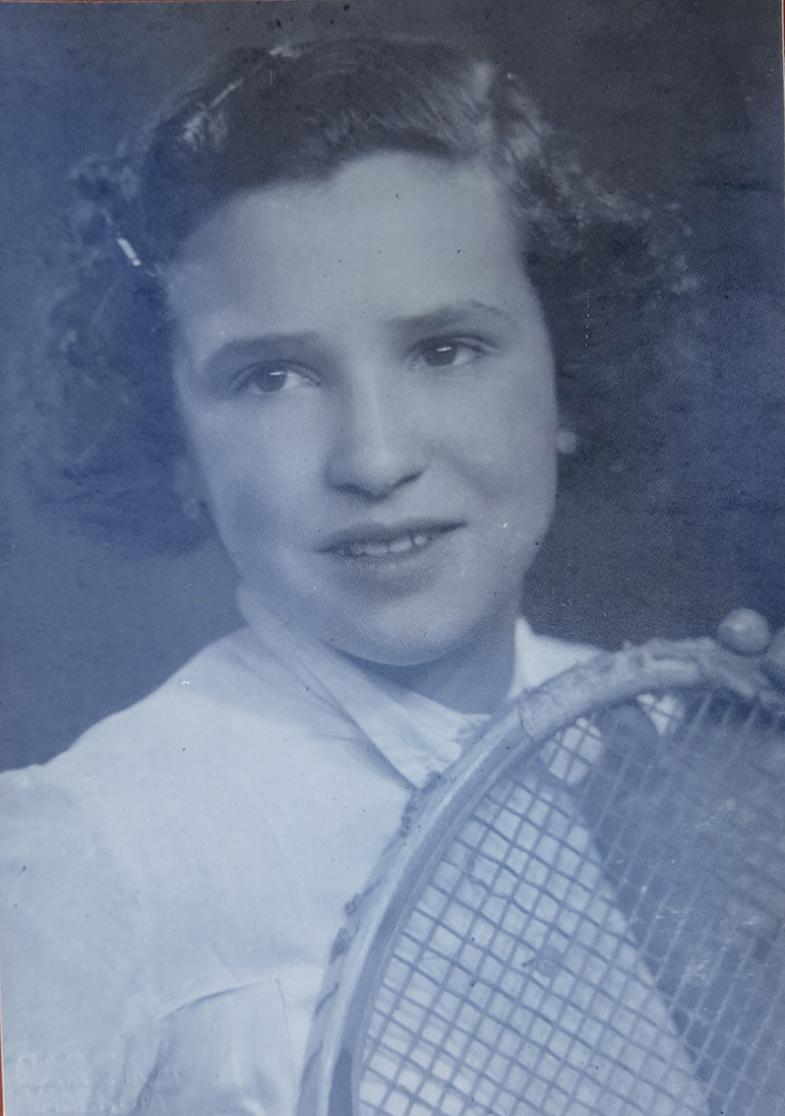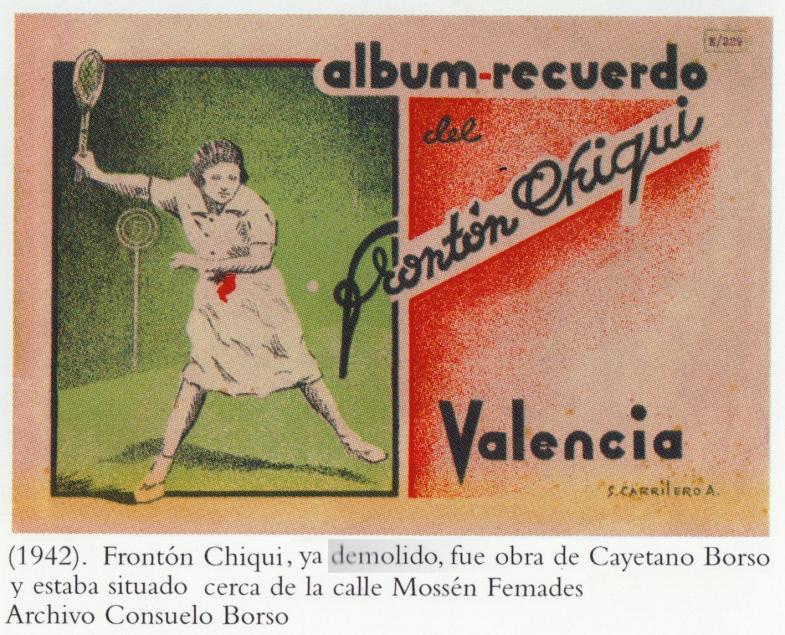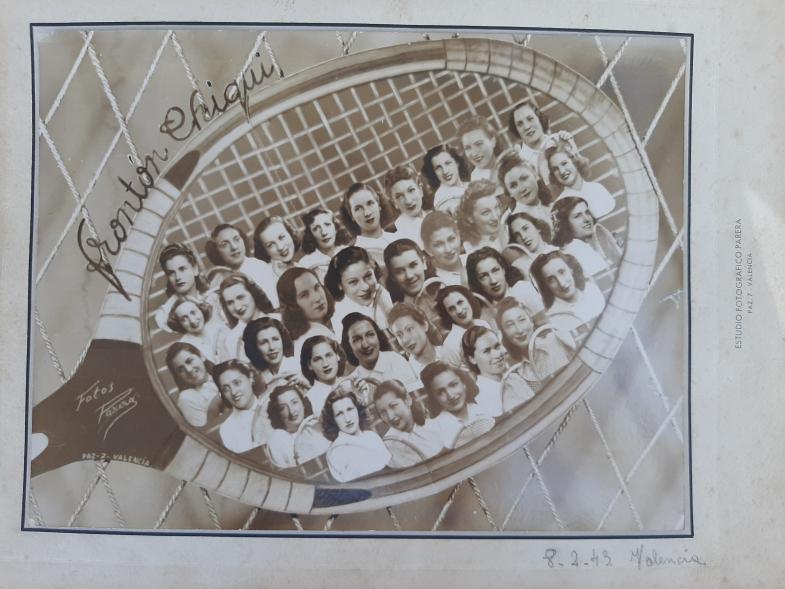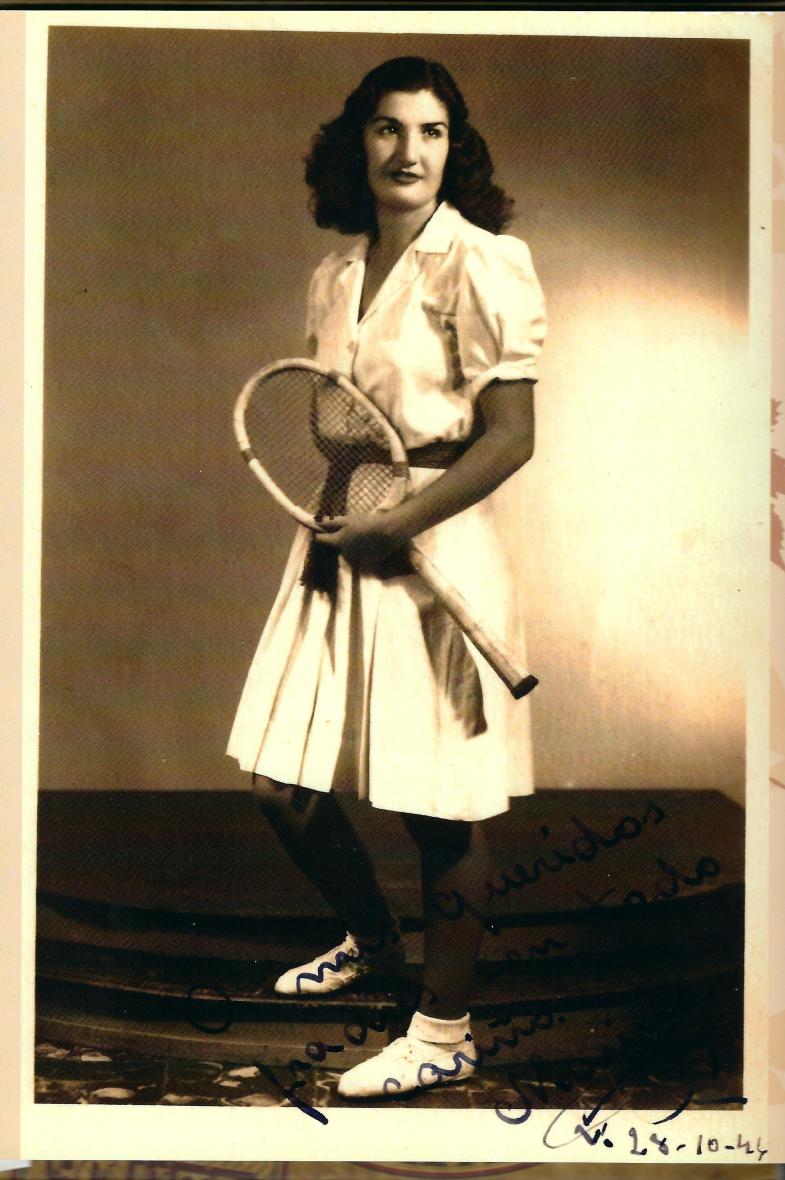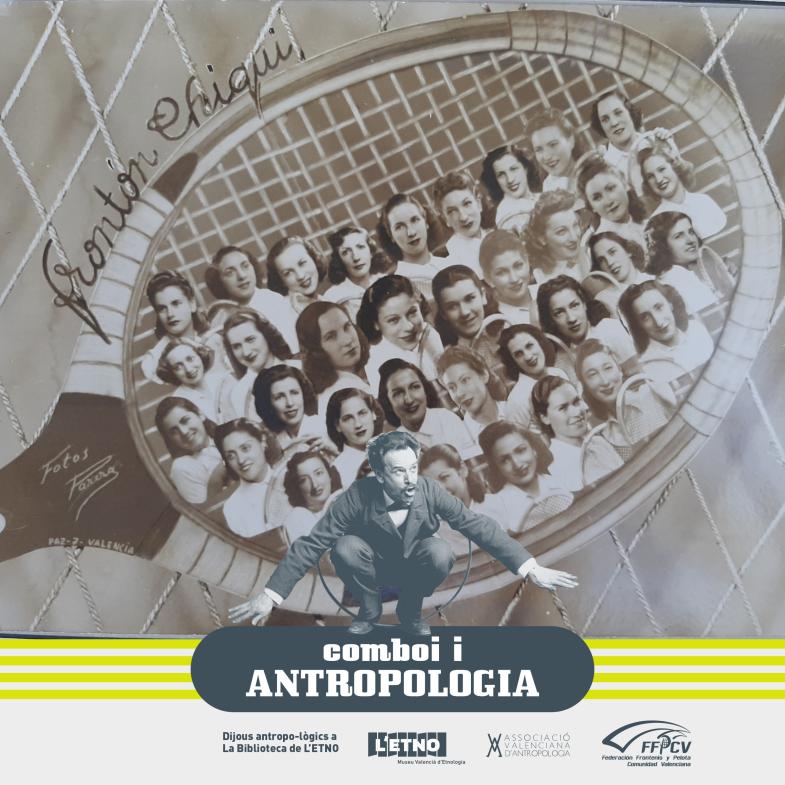An investigation into the professionalisation of women in sport. With Olatz González, anthropologist at the UPV/EHU together with Helena Paricio and Víctor Agulló, lecturers at the Department of Sociology and Social Anthropology at the University of Valencia and members of the Valencian Association of Anthropology.
Women played professional pelota at least from 1917 to 1980. For decades their success surpassed that of their male counterparts, so what happened for us to know nothing about them?
Olatz González Abrisketa has been researching the phenomenon of female racket players for years and will put this fact into context on an international scale. Many raquetistas were Basque, but not all of them, and they played in fronton courts all over the peninsula, as well as in the Balearic Islands, the Canary Islands, Cuba and Mexico. She will talk about how and why sport became masculinised throughout the 20th century and how a vision has been constructed that contrasts with the phenomenon of female racket players, sportswomen who earned salaries that were three times the average salary at the time.
A research that also includes València thanks to Helena Paricio de Castro and Víctor Agulló Calatayud, who started a research on the raquetistas of the Frontón Chiqui de València (1942-1954), contacting the relatives of the pelotaris settled in València, many of them Basque and some of them Valencian. Through an ethnography with interviews and documentary compilation, they reconstructed the lives of the raquetistas, probably the first professional sportswomen.
Organised by: L'ETNO Library and the Valencian Association of Anthropology together with the Federation of Frontenis and Pelota of the Valencian Community (FFPCV).
